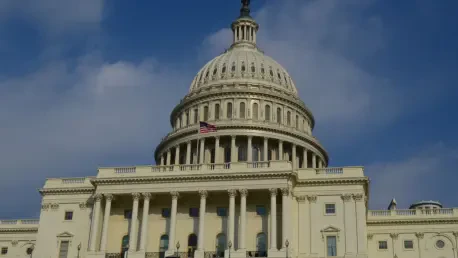
In a world where efficient logistics are crucial for the movement of medical supplies, navigating the intricacies of the healthcare supply chain takes on unprecedented importance. With annual global medical supply expenses exceeding $146.9 billion, the emphasis on creating responsive and reliable

The intersection of antitrust laws and medical device innovation has recently taken center stage in California, where a jury found Biosense Webster, a subsidiary of Johnson & Johnson, in violation of competitive practice regulations. This unprecedented ruling emerged from allegations that the

North Carolina stands at a pivotal intersection in healthcare policy, prompted by the potential repeal of Certificate of Need (CON) laws through Senate Bill 370. Historically, CON laws emerged in the 1970s with the aim of controlling healthcare costs by regulating the expansion of medical

The Trump administration is at a critical crossroads, facing a monumental decision on regulations designed during the Biden era to uphold mental health parity in insurance coverage. For nearly two decades, proponents of mental health parity have championed its realization, striving to ensure that

Recent changes in Medicare's telehealth regulations significantly impact patients, particularly those in assisted living facilities like Sheila's mother. The evolving landscape of these regulations has introduced modifications that affect service accessibility. Until the end of September,
In the ever-evolving digital era, healthcare organizations are increasingly compelled to strengthen their network defenses against cyber threats, which have grown in both volume and sophistication. This pressing need is not only a reaction to the surging incidents of data breaches and ransomware